As Americans get deeper into the 2024 presidential election season, polls will emerge with new information about candidate support, or the lack of it, who is voting and why, and a whole host of other factors that make up the election cycle. We hear constantly about polls that survey "likely voters" and "registered voters." But there may be one bloc of voters that Republicans might do well to stop ignoring, and maybe take a look at how they can be won over to the GOP camp. That group would be unlikely voters.
"The critical takeaway here is that the 2024 election campaign may boil down to what side can best motivate unlikely voters to turn out to vote."
— Kyle Becker (@kylenabecker) September 6, 2023
New poll shows Trump destroying Biden among unlikely voters https://t.co/uYIO8Yfp0T
The debate over whether or not the 2020 election was rigged, and if so, to what degree, will go on indefinitely. But the seed that election tampering could take place on such a massive scale — and the doubt as to who could do an actual investigation and hold those responsible accountable — has been planted. With that in mind, a recent Suffolk University/USA Today poll set out to find those elusive unlikely voters and determine why they are turned off by the election process — and what, if anything, might make them re-engage.
Unlikely voters represent a massive number of people, around 90 to 100 million — a figure that surpasses Joe Biden's 2020 total of 81 million votes and should have Republicans licking their chops. The reasons for not participating in the process included, sadly, the most frequent at almost 12 percent, "Don't want to vote/don't care," followed by "My vote doesn't matter," at 10 percent, "Don't believe in the political/voting system" at six percent, and "System is rigged/corrupt" at five percent. Another response that was perhaps a sad commentary on the political system: Almost one in ten listed their lack of involvement due to "poor candidate choices."
Some who make up the unlikely voter crowd are registered to vote but just don't plan on it. Of this sub-group, 37 percent said they did not like the candidates, and a little more than 10 percent of those cited unfair or corrupt election practices, or they felt elections were "rigged." The appearance of corruption is a big theme with unlikely voters. Of those polled, 68 percent "agreed" or "strongly agreed" with the statement that they don't pay attention to politics "because it is so corrupt." Of those surveyed, 75 percent said they do not pay attention because "nothing ever gets done" and "it's a bunch of empty promises."
Unlikely voters means the republicans need to ballot harvest as much as possible https://t.co/EKlufB2qCo
— Phil Labonte (@philthatremains) September 6, 2023
There are several reasons that Republicans may want to spend some time figuring out a way to get the attention of unlikely voters. One of those is that the poll shows that those who are registered but unlikely to vote back Donald Trump over President Joe Biden by a margin of 32 to 13 percent. Even those who are not registered to vote backed Trump over Biden 28 to 15 percent. Another interesting dynamic: Five years ago, more unlikely voters might have been swayed to vote for Joe Biden. Now, if the Republican National Committee makes an effort to reach out to unlikely voters, chances are they may swing in the opposite direction in 2024 and vote for Donald Trump should he become the nominee. Yet another bad sign for the Biden campaign was an obvious lack of enthusiasm for Biden's reelection: When asked to give a word that came to mind when they heard Biden's name, "old," "time to retire," "puppet," "corrupt," and "confused" were all mentioned.
So what might bring these wayward, unlikely voters back into the political process and maybe even get them voting Republican? The answers were varied. Of those polled, 28 percent said they would like to see "better choices" or "an honest candidate that I like." While no one could come up with a name that would get them to the polls, eight percent said Donald Trump, another good reason for the GOP to pay attention. No other name came up among more than two percent of respondents. Unlikely voters may be a tough crowd; the second most popular response to what might get them to vote: "a miracle" or "nothing."
The problem Republicans may have with wooing this particular bloc of voters could be Trump himself. Registered but not likely voters used words like, “election is rigged/corruption/unfair/don’t like the voting process/mail-in ballots," words Donald Trump has used often since 2020. This raises the possibility that the very people Republicans want to court could have become disenchanted with the process because of Trump's own words, presenting a hurdle they must jump. But with as many as 100 million votes that could be up for grabs, Republicans had better be prepared to take that leap.
Arrested Donald Trump Gains Him Unlikely Voters#Trump #FaniWillis #Election2024 https://t.co/m0Y5nHbkZg
— Joe Padula (@JoePadula) August 28, 2023
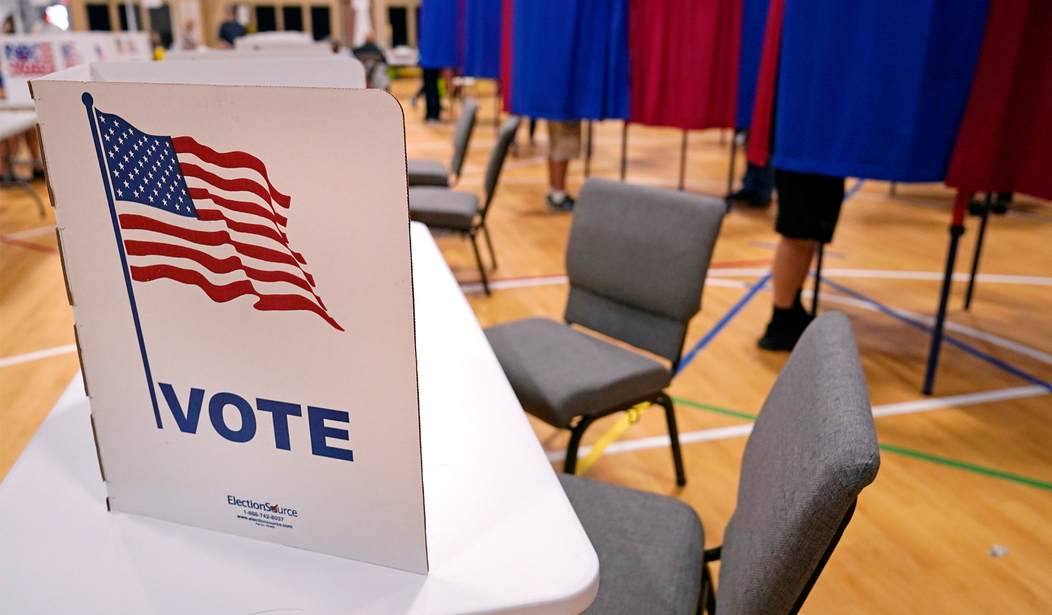



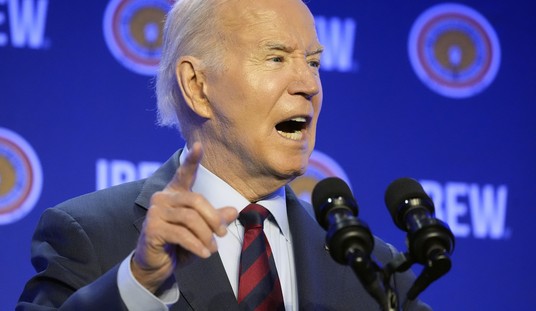

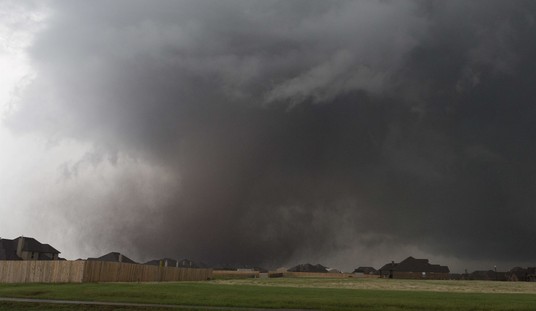
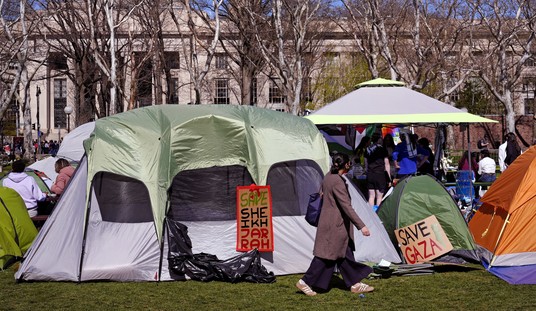



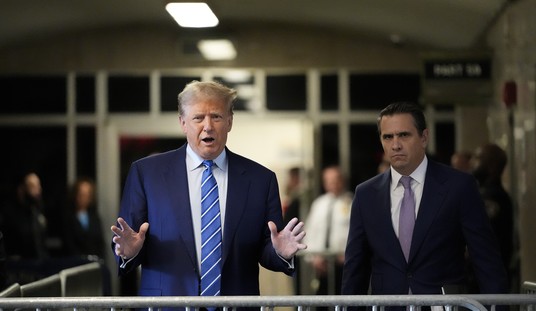
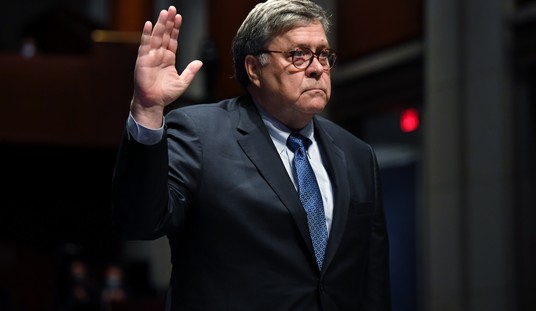
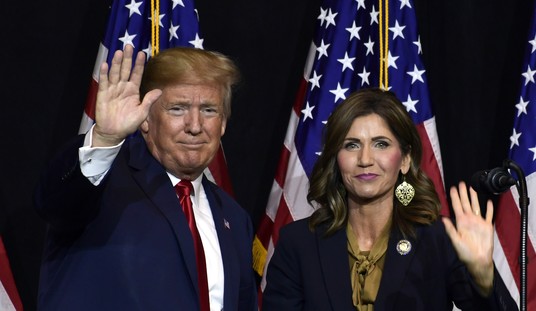

Join the conversation as a VIP Member